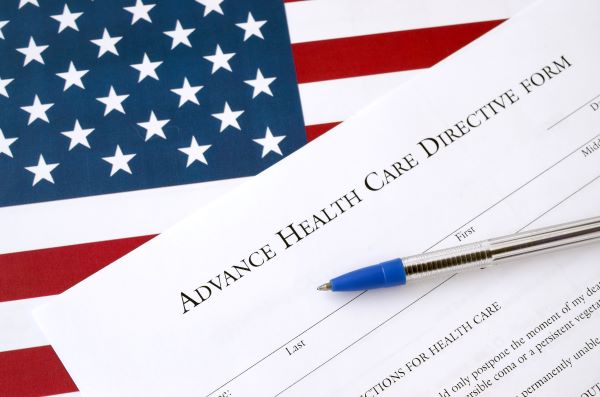It might be worth reconsidering whether Medicaid's strict income and asset limits will prevent you…

The Importance of Choosing a Health Care Power of Attorney
When you are unable to express your wishes, your health care power of attorney becomes your voice.
The Role of a Health Care Power of Attorney
A power of attorney, also known as a health care proxy, is a legal document that allows you to appoint a trusted individual to make decisions on your behalf if you are incapacitated. The person appointed stands in as your legal decision-maker. These decision-making privileges are not restricted to end-of-life care or terminal illness, as is a living will.
The person delegated as your health care power of attorney can make any health care related decisions on your behalf under any circumstance that you can’t make an informed decision yourself. They may step due to cognitive decline, an accident or traumatic event, surgical recovery, inability to communicate, or end-of-life care. During the time that they are responsible, they have the authority to make all decisions regarding diagnostic exams, medications, procedures, surgical interventions, rehabilitation, long-term care management, end-of-life care matters, and more.
Who to Appoint
Most people appoint a child or their spouse as a power of attorney. However, anyone, family or not, can be appointed. It’s important to consider many things when deciding who will represent you. It won’t always be the person you are closest to; instead, it must be someone you trust to carry out your wishes, sometimes under pressure. Choosing someone who respects your wishes and always keeps your best interest in mind when making decisions is imperative.
What to Look for in a Health Care Power of Attorney
There may be several individuals that you trust to take on the role of power of attorney. However, some criteria may indicate that someone is better suited for this role than another.
Knowledge
If possible, choose someone with some health care knowledge, as they will make all health care decisions for you. This does not mean you have to select the nurse in the family, just a person who understands our medical system and its processes. You want someone to ask the right questions and speak up or challenge a provider if a treatment is being suggested that goes against your wishes.
Location
It’s a good idea to consider how close your potential power of attorney is to your preferred health care facility. In the event of any emergency, your health care power of attorney may need to be present to make decisions. It’s best to choose someone who is local.
Trust
When choosing your power of attorney, the most important question is, “Can they be trusted with this responsibility?” You want to ensure that they follow through with the responsibilities and demands of this role. They must be someone you trust fully to follow your wishes, even if it’s not what they want. Your power of attorney will be speaking on your behalf. Therefore trust is the greatest factor when choosing someone to make decisions that can affect the rest of your life.
Communication
The ability to articulate thoughts and communicate effectively is crucial when taking on the role of power of attorney. You want to ensure that who you appoint is able to stay calm under pressure while still being able to communicate clearly. It’s equally as important to choose someone who can communicate assertively. Your power of attorney may be faced with resistance from medical providers or family members. They need to be able to stand their ground to make sure your wishes are being honored regardless of how stressful the situation may be.
Willingness
Being a power of attorney comes with a lot of responsibility. It can be a demanding and stressful role. Not everyone can handle it. When choosing who to appoint as your power of attorney, make sure to have open and honest conversations with them. Encourage them to be honest and make sure that they are more than willing and capable of taking on this responsibility.
Creating a Power of Attorney
Having a power of attorney in place can bring great peace of mind. Some people may wait until receiving a diagnosis or before a major surgery before assigning one. However, this is not advised. You can’t predict when the need for a power of attorney will arise. It’s best to have the paperwork completed sooner than later.
Once you have decided who you will appoint as your health care power of attorney, contact one of our estate planning and elder law attorneys. They will facilitate the process and finalize all the legal documents, allowing you to feel at ease knowing that your wishes will always be honored.
This article offers a summary of aspects of estate planning. It is not legal advice and does not create an attorney-client relationship. For assistance, please contact our Forty Fort office or call (570) 288-1800.



